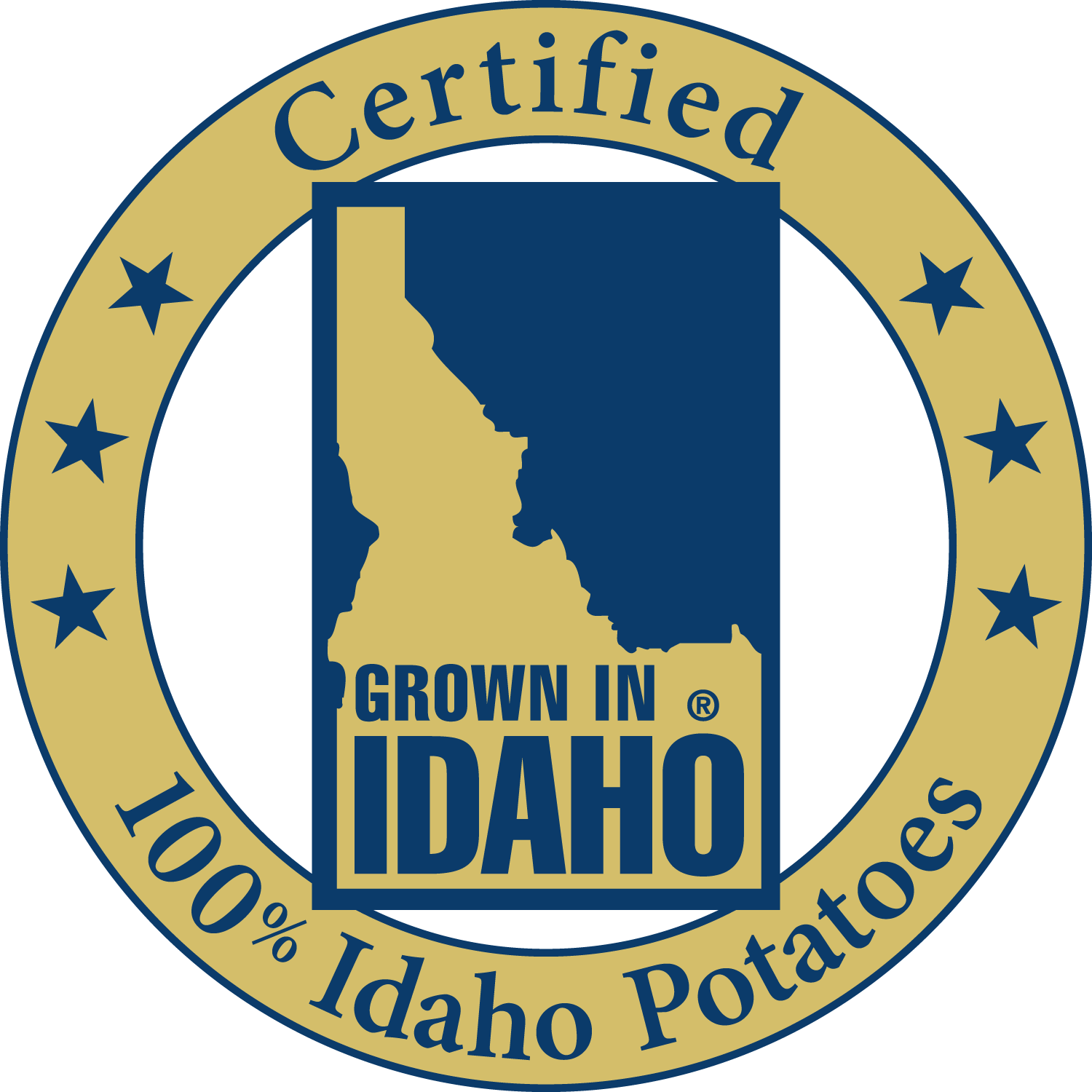Popular Tags
Ask Dr. Potato
The IPC office is closed for the holiday but don't fear… With 939 posts, chances are your holiday mashed potato questions have probably already been answered! Keywords that might help you find the answers you’re looking for include: ahead, group, advance, and yield.
If you're looking specifically for Mashed Potato information, make sure to visit our All Things Mashed Potatoes page which has everything you need to know about preparing perfect mashed potatoes.
View All Things Mashed PotatoesWhen Should I Salt Fries?
Looking for some advice. I make fresh cut French fries from Idaho potatoes at the restaurant daily. I was reading an article about a place in San Francisco that cuts the fry strips into a pickle brine and customers rave about the taste. Will I save money on salt if I add some salt and white wine vinegar to the water versus salting after the fries come out of the fryer?
That's an interesting question. Here's some pluses and minuses to consider.
Acidity: On the plus side, adding the raw cut Idaho potato strips, russet or yellow chipping variety potatoes, to a mixture of water and acidity from pickle juice or white wine vinegar or concentrated lemon juice is usually done to keep the potatoes from browning by exposure to air. Before 1986 in the USA, a dry white powder, sometimes referred to as stay white or stay fresh was added to the water. Some countries in Europe and other parts of the world still use this for fries, apples, lettuce, etc. The powder contained sulfite so, so this was banned in the US. A dried concentrated citrus powder is now available in its place. Adding as little as a tablespoon of vinegar or lemon juice to a gallon of water usually does the trick and prevents premature browning. The hat's a way to improve the quality of the final product, make it more consistent and possibly not lose a batch that looks off in color to a customer or guest. On the negative side, the pickle juice brine is going to impart a strong flavor to the finished fry, which some will love and some will not.
Salt. The theory some Chef's would tell you about the reason they add salt to the water the potatoes are dumped in when freshly cut is to draw out the natural starches and sugars from the potato. So, that's a possible positive. It enhances the finished fry flavor... Another positive. Now on to the negatives. Salting before frying will prematurely breakdown the oil. Oil is the most expensive part of the formula for costing out making fries from scratch. Anything that shortens the time the oil can be used and can't be filtered out is not a good thing. How many orders of a pre-salted potato strip does it take for the oil to also start tasting extra salty? Another thing: it takes away the guest the option of ordering a "no salt" fry. Potato processors of frozen fries may cut and blanch the strips in hot water to get rid of excess sugars and sometimes add dextrose back on to the strips to get a more even fry color. Unless a battered fry, they are not adding in salt during the process. I recommend not salting the fries till they come out of the fryer and even then, waiting for an order before salting as the fries can turn limp prematurely if salted too soon. McDonald's, for years has had special salt shakers and illustrated diagrams on how to salt the fries after frying. Basically, using a forward and back motion towards you rather than a side to side action which can end up putting salt back into the fryer if you are not careful.
Do some testing on your own to find out your preference, but please consider that adding salt is just one part of a total equation and it has some cost implications.
Share This

Dr. Potato isn't a real doctor but a team of potato experts ready to answer all your potato questions.
Dr. Potato Categories
The Idaho Potato Commission
Established in 1937, the Idaho Potato Commission (IPC) is a state agency that is responsible for promoting and protecting the famous "Grown in Idaho®" seal, a federally registered trademark that assures consumers they are purchasing genuine, top-quality Idaho® potatoes. Idaho's ideal growing conditions, including rich, volcanic soil, climate and irrigation differentiate Idaho® potatoes from potatoes grown in other states.
Contact
661 South Rivershore Lane
Suite 230
EAGLE, ID 83616
Phone: 208-334-2350
Fax: 208-334-2274
More

